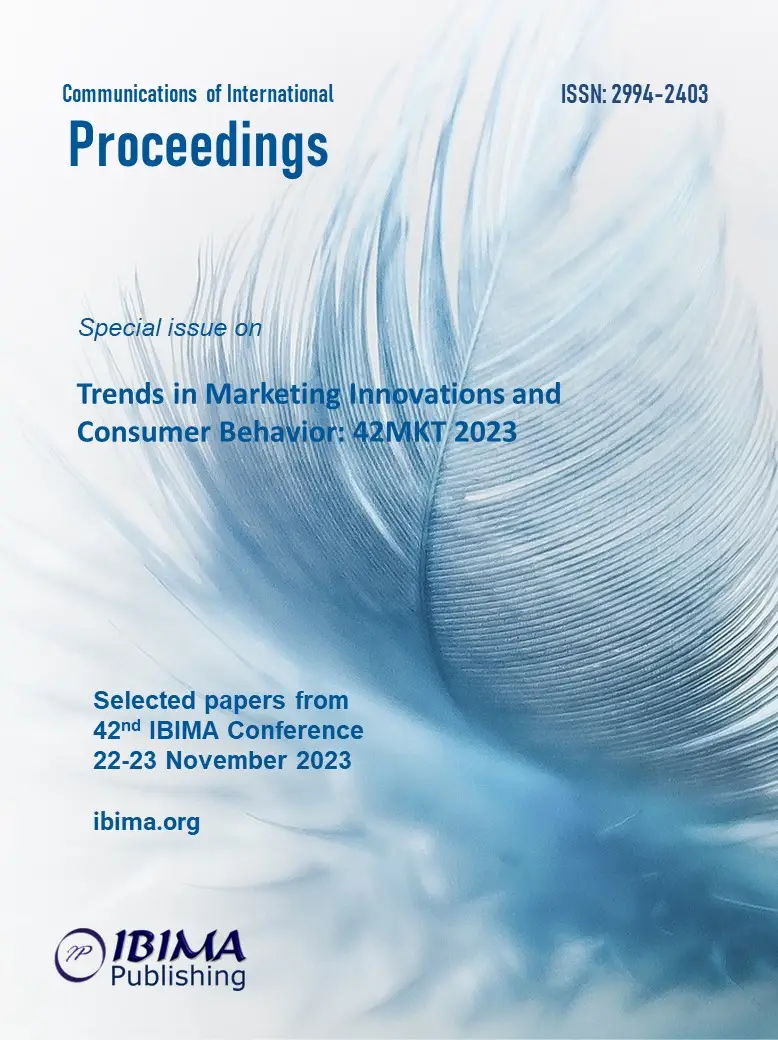
Marija HAM
Faculty of Economics in Osijek, Osijek, Croatia

Trust was extensively researched, however often found to be a weak variable in explaining the variance in intention to buy organic products. This could be due to the fact that trust is mostly investigated as general trust incorporating different sources of trust into one variable. Therefore, the present research answers the call of previous researchers to minimize the weaknesses of this variable and tests four different variables in order to determine the direction and the strength of the influence: trust towards distributors, trust towards eco-labels, trust towards other consumers and trust towards state’s inspections. The purpose of this research is to differentiate between different sources of trust and deeply understand what makes a trustworthy organic product.
Based on regression analysis, the most important finding of the study refers to the importance of trust towards distributors which was found to have the strongest influence on the intention to buy organic products. It is evident that consumers rely on distributors to select the trustworthy organic products and help them navigate through complex eco-labeling systems. Trust towards other consumers was found to be the second strongest predictor of the intention to buy organic products followed by trust in eco-labels. This supports the notion that it is advisable to focus on the so-called leaders of opinion, and when it comes to eco-labels, it is possible to conclude that those labels will soon become a prerequisite for a competitive parity. And finally, the predictive power of trust in state’s inspections was not confirmed.